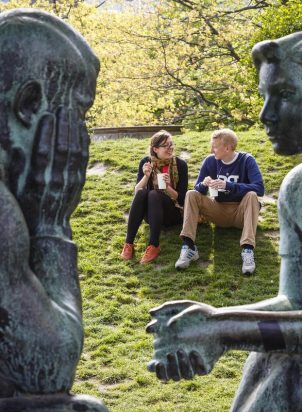The latest results from the EU funded REGINA project focus on attitudes to mining projects in remote areas, in this case the town of Storuman in Northern Sweden.
Storuman Municipality has now published the results of their survey evaluating Social Impacts of Mining in their local area. The report details the results of a survey done by local residents asking them about their perceptions of existing and future mining development projects.
The results show that the respondents are generally quite negative towards existing and future mining activities, partly because they enjoy and deeply value good access to nature, including the rich possibilities for pursuing outdoor activities, which they fear might be jeopardized.
The processes concerning mining is perceived to be difficult do understand by a majority of respondents and they are in general dissatisfied with the degree to which the public has been informed and included in planning processes. There is also a questioning as to the municipality’s practices of planning concerning mining-related activities and this has led to public concern over the municipality’s ability to handle potential negative environmental impacts caused by mining activities.
The report is part of the EU funded REGINA project, that attempts to support remote communities with resource based economies better tackle planning and development processes and issues.
You can read more about REGINA on www.reginaproject.eu



